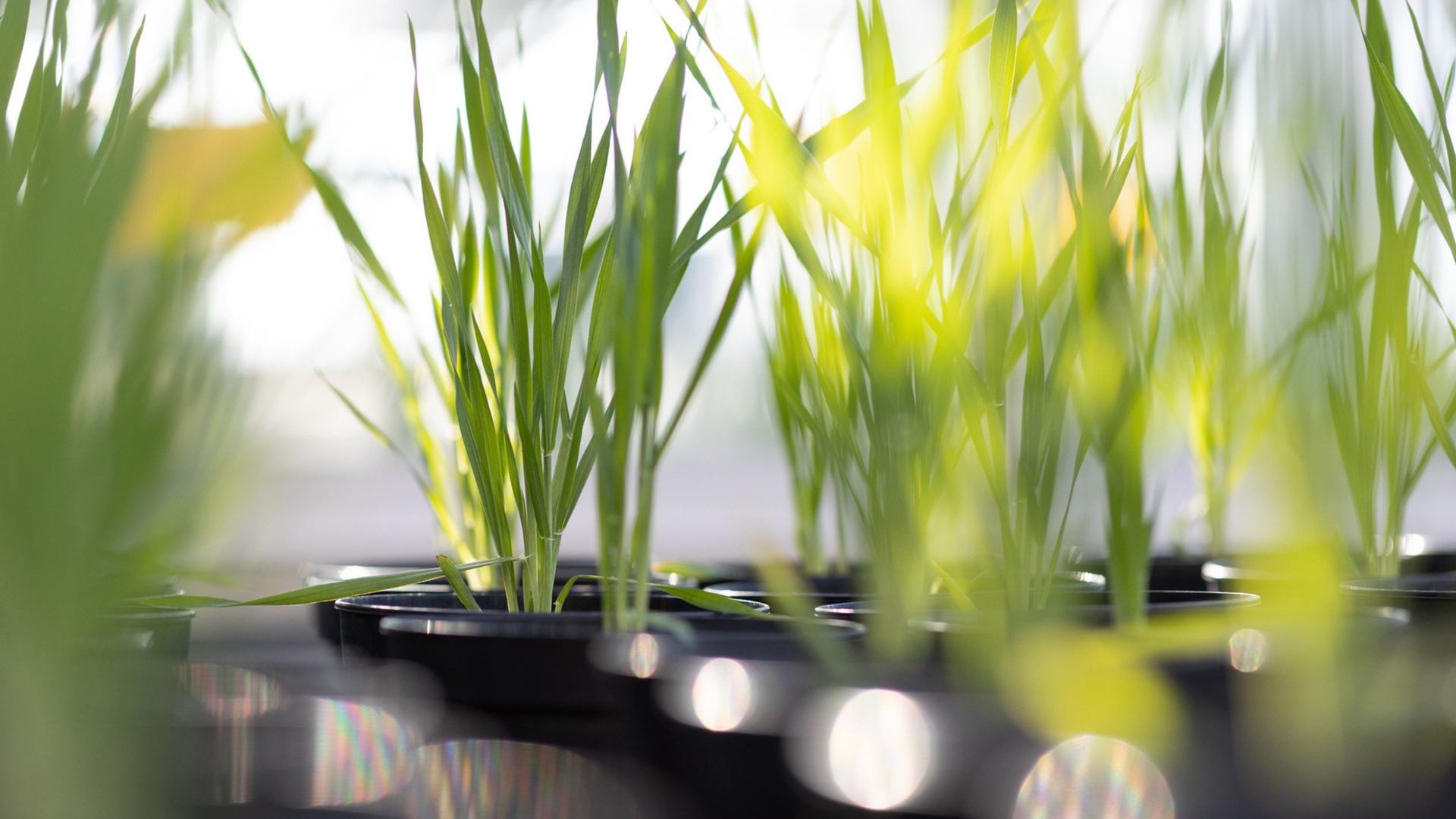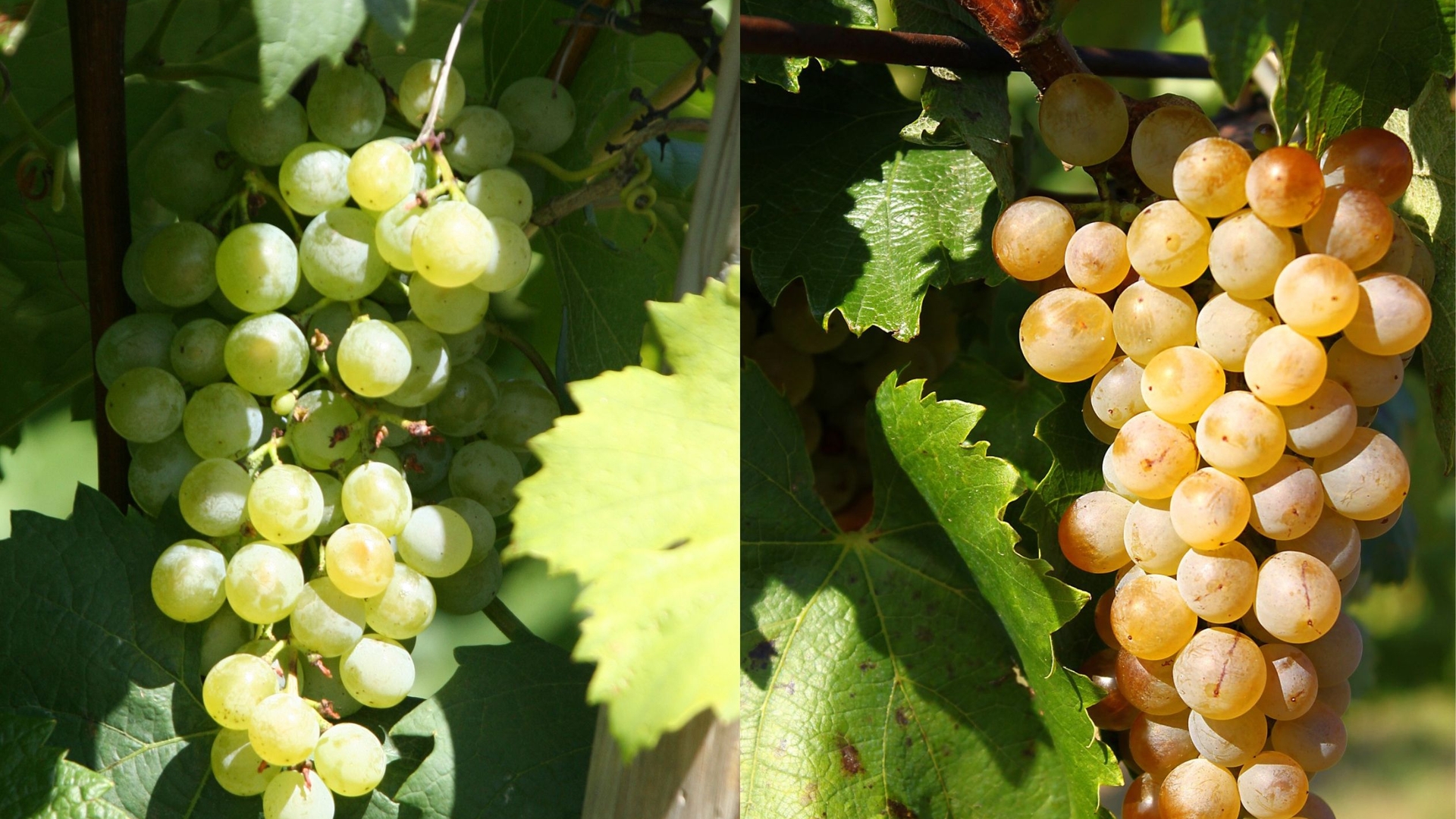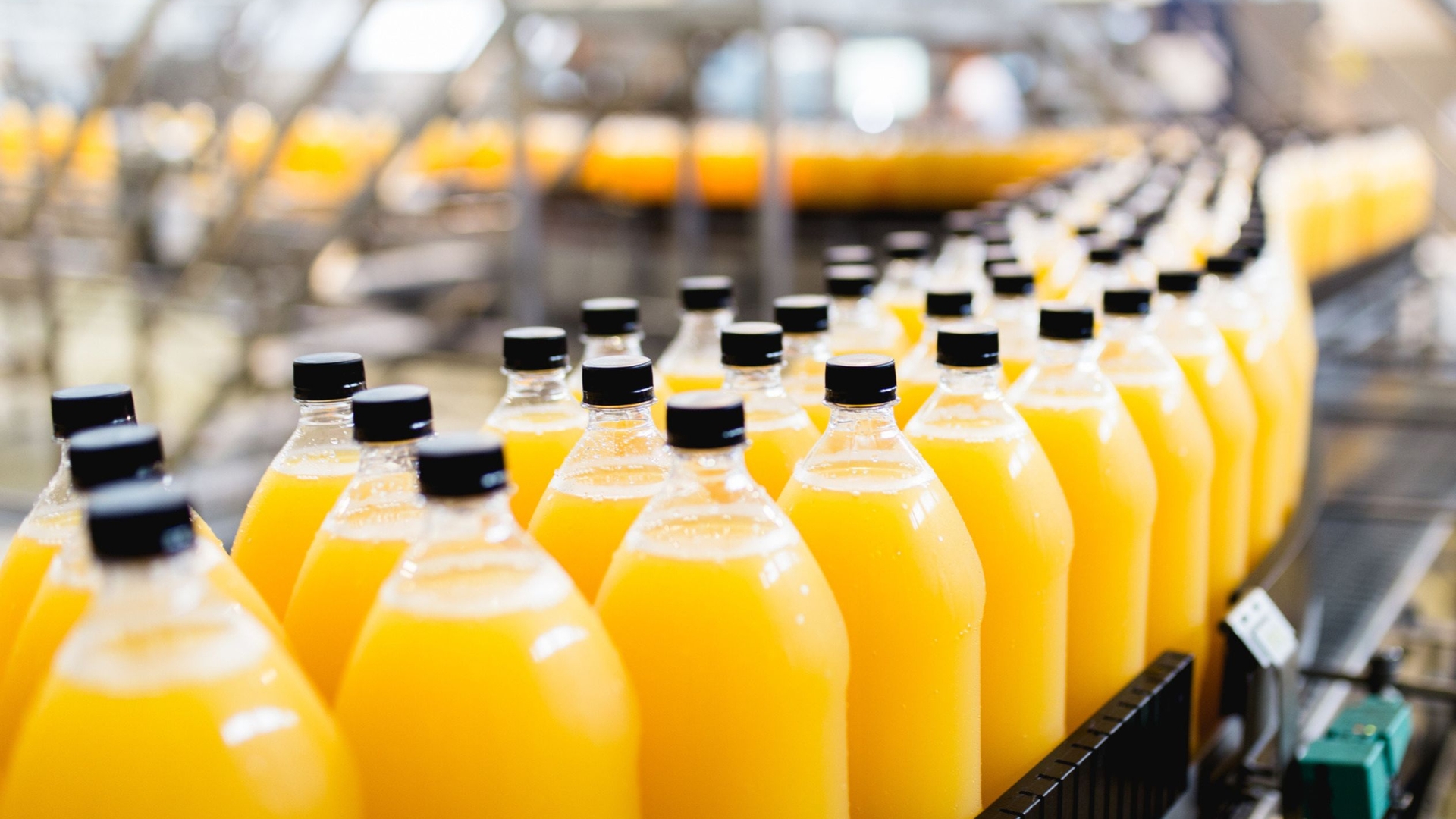A post by
Elva Ellen Kowald
partner
Cerevisia Communications

Climate change and beverage raw materials
When it comes to the patentability of plant varieties, there is a hierarchy of identification methods that progresses from purely natural landraces, which are not patentable, to completely unnatural varieties, such as GMO varieties, which are patentable. It is the gray area of gene editing that is causing controversy. A legal dispute over the patenting of barley before the European Patent Office (EPO) gives an idea of the far-reaching consequences this could have for the brewing industry.
Released on 05/06/2024

A post by
Elva Ellen Kowald
partner
Cerevisia Communications
On May 10, 2022, a consortium of Carlsberg and Heineken, as well as their partners and subsidiaries, won a lengthy legal dispute before the European Patent Office (EPO) over three patents originally granted in 2016. [1] The first two patents were for beverages made from conventionally bred barley varieties. The consortium developed these new barleys using a technique since named FIND-IT (see later in this article), which allows random genetic variants to be quickly identified. One of the new barleys was selected because it produces lower levels of dimethyl sulfide (DMS), which is reminiscent of the taste of cooked corn. The other variety contains less lipoxygenase (LOX). This enzyme produces trans-2-nonenal (T2T), which is responsible for the flavor of cardboard and wet paper in aging beers. The third patent was for an energy-saving brewing process using these barley varieties.
The EPO's decision triggered fierce opposition from the industry, politicians and the media, as a brewery that is granted exclusive use of these new barley varieties naturally has a competitive advantage over the competition – or at least a huge profit opportunity through licensing. Therefore, an association of 40 organizations from all over Central Europe protested vigorously against the EPO decision. The argument: Conventionally bred, mutated plants and the beers brewed with them cannot be called an "invention"! [2] An NGO called "No Patents on Seeds!" wrote in a press release "that random genetic variants do not fulfill the conditions of a technical invention. If patents are granted on conventional breeding, patent holders may block or hinder access to biodiversity in a way that makes traditional breeding impossible. This will have consequences for plant breeding, food production and consumers." [3]
Another major concern is the growing effort by some multinational corporations to seize ever greater legal control over seeds and thus agricultural raw materials in many food sectors. The four companies Bayer, DowDupont/Corteve, ChemChina-Syngenta and BASF, which together already control more than 60 percent of the global seed market, are prime examples of this. [4] As Heineken and Carlsberg are the second and fourth largest breweries in the world respectively, some opponents of the EPO decision fear that these two brewing giants could "achieve a dominant market position through their cooperation on the basis of their patents, because together these companies can dictate to their suppliers that they may only grow the patented barley. In this way, they can earn twice – from selling the beer and from growing the barley!" [5] In other words, these companies would then no longer just be brewers, but also important players in their own raw material chains.
Although the EPO decision of 2022 was the last word in the Carlsberg-Heineken case, it was not the end of the controversy. On the contrary, it led to an increase in patent applications in the field of biotechnology. At the same time, it also hardened the arguments of the opposition. According to the World Intellectual Property Organization, a patent is "an exclusive right granted for an invention relating to a product or process that generally provides a new way of doing something or a new technical solution." This means that a patent for a vacuum cleaner or a design for a piece of furniture is not the same as copyright on a living organism. That would be a slippery slope for patents, because it raises the question of whether the barley varieties developed by the Carlsberg-Heineken scientists are actually "inventions" or just natural new barley varieties.
The modern breeding of crops and animals today uses a hierarchy of different methods, which are often not clearly distinguishable from each other, and with which it is moving further and further away from pure nature.
In its decision in 2022, the EPO emphasized that the method developed by Carlsberg-Heineken to quickly identify conventional barley strains optimally suited for brewing was not an invention, as it was based on the "non-genetically modifying breeding method FIND-IT [which] is an acronym for Fast Identification of Nucleotide Variants by droplet DigiTaL PCR (polymerase chain reaction)". [7] As described in the journal Seed World, the FIND-IT system pools and then sorts "large populations of variants with low mutation density [...] to identify desired traits. Such a screening cycle is possible within 10 days. While conventional mutation libraries comprise around 3,000 to 5,000 plants, a FIND-IT population comprises several hundred thousand." [8] In this article, Toni Wendt, one of the co-inventors of the method, is quoted: "With FIND-IT, we can access specific mutations so quickly that we could test our trait hypothesis directly on real plants instead of spending time discussing which mutations have the highest probabilities of serving our purposes [...]. This dramatically increases our research efficiency." [9] A technical explanation of the FIND-IT method can be found in the August 24, 2022 issue of Science Advances [10].
[1] Pressrelease: Patent on barley and beer upheld,” No Patents on Seeds! 10. Mai, 2022
[2] “Patents on beer: The brewing companies Carlsberg and Heineken want a market monopoly,” No Patents on Beer.org
[3] Pressemitteilung: Patent on barley and beer upheld,” No Patents on Seeds! 10. Mai, 2022
[4] Marin Scotten, “Laying claim to nature’s work: plant patents grow fear among small growers,” The Guardian, 25. Januar, 2024
[5] “Keine Patente Auf Bier!” Webseite. http://www.no-patents-on-beer.org/de/hintergrund/patente-bier
[6] “Patent on Brewing Barkey: Still no clarity in the granting of bio patents,” Kather Augenstein, Düsseldorf, katheraugenstein.com
[7] “Carlsberg Research Lab invents a new ultra-fast breeding technology to develop the crops of the future,” Carlsberg Breweries A/S Pressemitteilung, 26. August, 2022
[8] Treena Hein, “Conventional Breeding... With a High-Tech Twist,” Seed World, 12. Dezember, 2023
[9] Ibid.
[10] Søren Knudsen + 30 Autoren, “FIND-IT: Accelerated trait development for a green evolution,” Science Advances, 24. August, 2022. Online: https://www.science.org/doi/10.1126/sciadv.abq2266

New grape varieties
A post by Elva Ellen Kowald

Fruit growing
A post by Elva Ellen Kowald

Raw material supply
A post by Horst Dornbusch